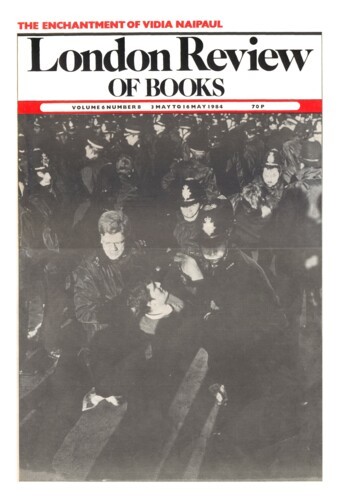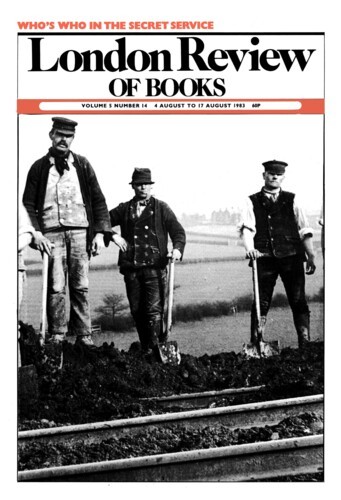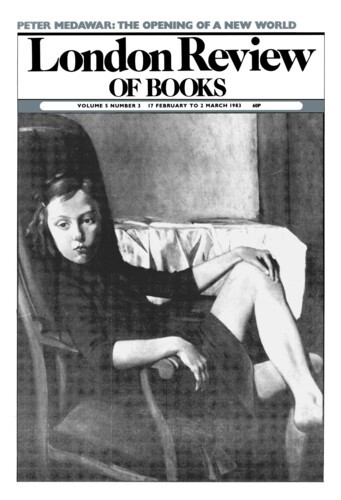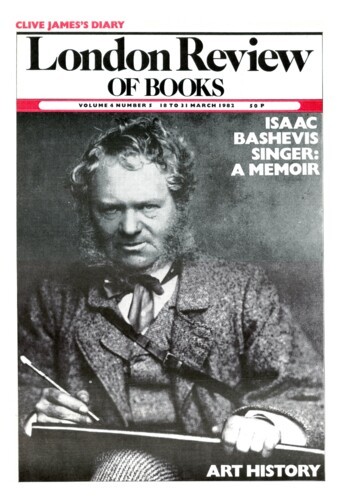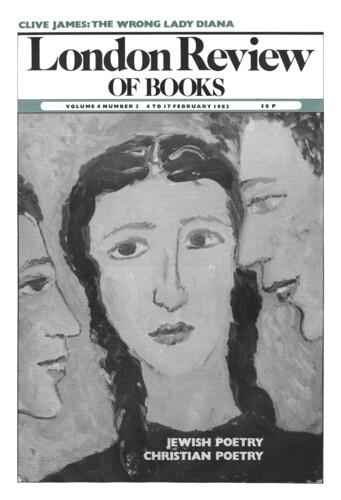What exactly did he discover?
John Ziman, 3 May 1984
It is less than three decades since Albert Einstein died, yet many different personae have been supposed behind the familiar mild exterior. Nobody would impute any lack of psychic integrity in the man himself. True enough, he was a peculiarly self-contained person whose inner life was always opaque, even to his most intimate companions. But there was no harsh discontinuity or irreconcilable inconsistency in his temperament, and we have no reason to suppose that he was nervously guarding some guilty secret like Newton’s heretical Unitarianism. His private and public activities are amply documented, and are seldom inexplicable to an intelligent and imaginative observer. Yet even in his scientific work, Einstein can be represented as playing several different roles, in several quite different dramas.
